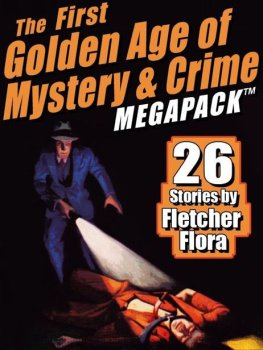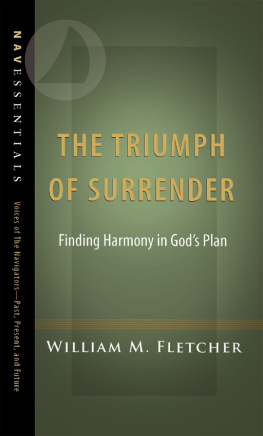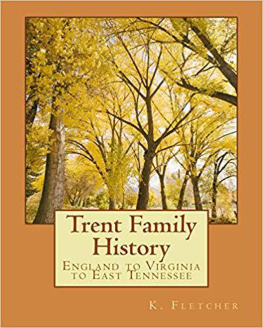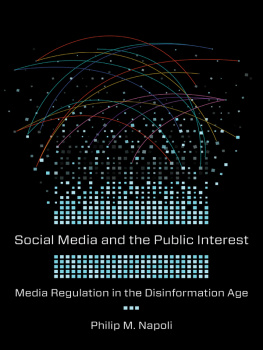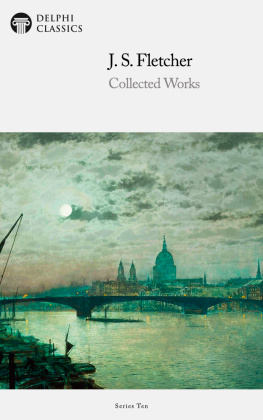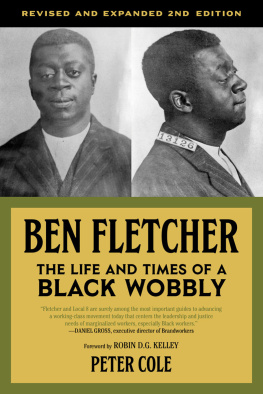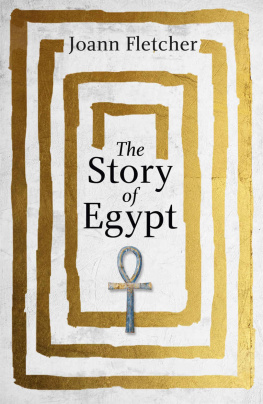PREFACE
In 1792 the eleventh Earl of Buchan published a volume of Essays on the Life and Writings of Fletcher of Saltoun and the Poet Thomson. It contains our only biography of Fletcher; but, though founded on original sources of information, it is frequently inaccurate, and must, therefore, be used with great caution. The author of the article on Fletcher in the third edition of the Encyclopdia Britannica (1797) mentions that the tenth Earl Marischal, when Governor of Neuchtel, suggested to Rousseau that he should write the life of Fletcher. Rousseau was furnished with mss. for this purpose; but nothing came of it, and most of the materials on which that work was to have been founded seem to have been lost. Some interesting documents, however, are preserved in the University Library at Edinburgh, including mss. used by Lord Buchan, and a letter to him from Lord Hailes, who had evidently been applied to for information. (Laing mss. 364.)
Mr. F. Espinasse refers to most of the printed authorities for the life of Fletcher, in a succinct but exhaustive article in the Dictionary of National Biography, vol. xix. p. 292; and in the Scottish Review for July 1893 (vol. xxii. p. 61) there is a very interesting paper on Andrew Fletcher, the Scottish Patriot, from the pen of Mr. J. R. Donaldson. Many allusions to Fletchers conduct as a member of the last Scottish Parliament are to be found in the Godolphin Correspondence in the British Museum. (Add. mss. 28,055.)
I have to thank Mr. Fletcher of Saltoun for allowing me to consult a volume of Recollections respecting the Family of Saltoun, and for an opportunity of examining the library and visiting the scenes of Fletchers early life.
Mr. E. Gordon Duff, librarian of the John Rylands Library, Manchester, and Mr. R. A. S. Macfie have for some time been engaged in compiling a Bibliography of Fletcher; and I desire to thank them for their kindness in placing their ms. unreservedly in my hands. There is considerable doubt respecting the authorship of several pamphlets which have been attributed to Fletcher, as well as regarding the places at which his works were printed; and if this Bibliography appears in print, it will be found most valuable by all who take an interest in his writings.
G. W. T. O.
Oxford , March 1897.
CHAPTER I
Fletchers Birth and EducationTravels AbroadA Member of the Scottish ParliamentGoes to the Continent.
Andrew Fletcher , eldest son of Sir Robert Fletcher of Saltoun, in the county of Haddington, and of Catherine, daughter of Sir Henry Bruce of Clackmannan, was born in the year 1653. He was educated either at home or in the parish school of Saltoun until 1665. On the thirteenth of January in that year his father died, having, on his deathbed, intrusted the charge of educating his son to Burnet, the future Bishop of Salisbury, who had just been presented to the living of Saltoun, of which Sir Robert was the patron. Burnets first published work was, A Discourse on the Memory of that rare and truly virtuous person, Sir Robert Fletcher of Saltoun, written by a gentleman of his acquaintance. This volume, which the author calls, The rude essay of an unpolished hand, contains almost nothing about either Sir Robert or his son; and, in fact, Burnet does little more than use his patron as a peg on which to hang a string of platitudes. But from the moment Burnet became minister of Saltoun, Andrew Fletcher lived in an atmosphere of learning. There was a library belonging to the Church of Saltoun, founded by one of the parish ministers, and added to by Burnet and the Fletcher family; and among this collection of books we may fancy Burnet and his pupil spending many hours. There were two catalogues, one of them written by Sir Robert Fletcher; and in August 1666 we find the Laird of Saltoun, then thirteen years of age, visiting the library, comparing the books with the catalogues, and gravely reporting to the Presbytery of Haddington that Burnet was taking proper care of the books.
These books were chiefly theological, but among them were The Acts of the Second Parliament of King Charles, from which Burnet might teach the boy many useful lessons, and the Book of the Martyrs, 3 vol. in folio, gifted by my Lady Saltoun. For the support of this library Burnet left a sum of money; and it is still known in the district as Bishop Burnets Library. The books are preserved in a room in the manse of Saltoun under the charge of the parish minister, and prominent among them are a fine folio edition of Burnets own works, and a black-letter copy of Foxes Book of Martyrs.
Of Fletchers earliest days little is recorded, except that he was, from infancy, of a fiery but generous nature. According to family tradition Burnet imbued his pupil with erudition and the principles of free government; and perhaps it is not mere fancy which leads us to picture the keen, eager, excitable boy reading the Book of Martyrs, and listening to Burnet, who describes his system of education in the account which he gives of the manner in which he taught the Duke of Gloucester in after years. I took, he says, to my own province, the reading and explaining the Scriptures to him, the instructing him in the Principles of Religion and the Rules of Virtue, and the giving him a view of History, Geography, Politics, and Government. History, politics, and the theory of governmentthese were, all through his life, Andrew Fletchers favourite studies; and we cannot doubt that Burnet not only drilled him thoroughly in Greek and Latin, as he certainly did, but also fostered that taste for letters from which not even the turmoil of politics could ever wean him.



